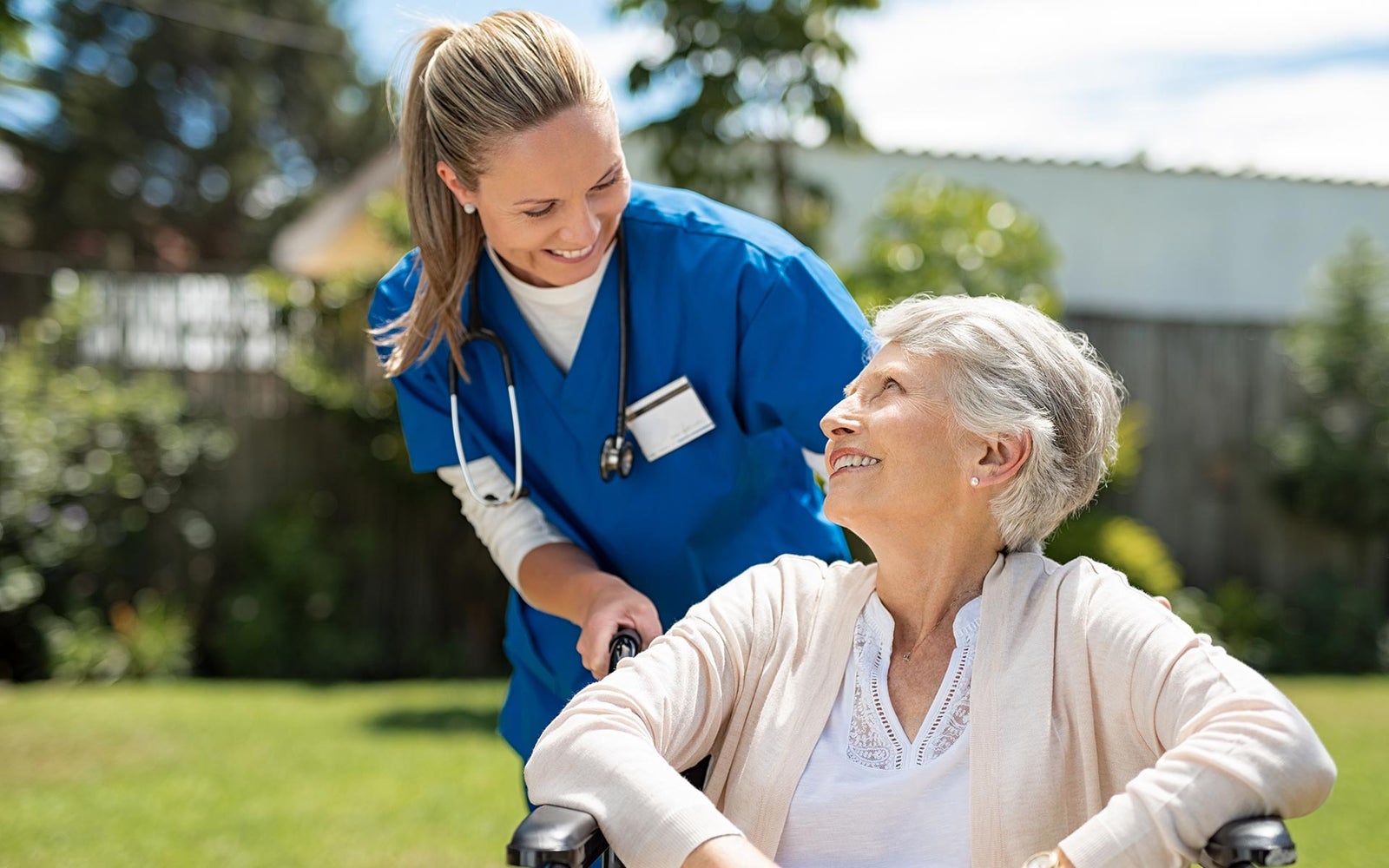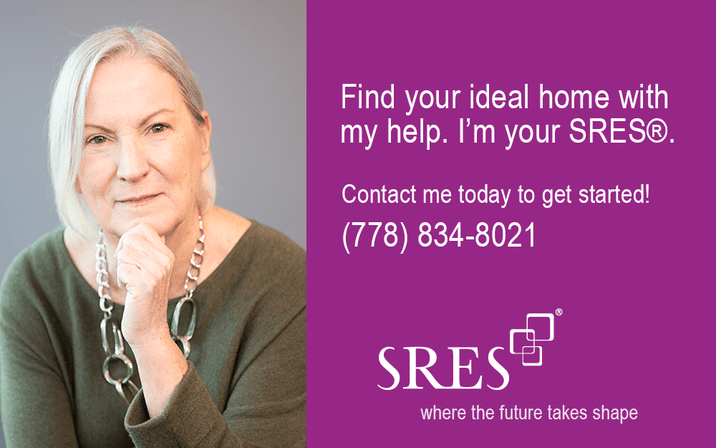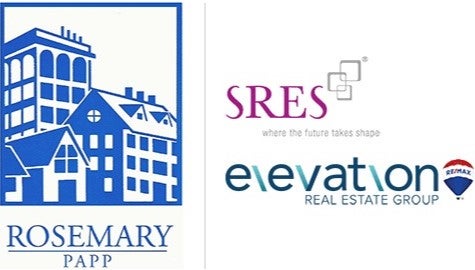As years pass, even the most independent of us may need help with basic daily needs. For adults 50+ who have decided to live in a senior living community that provides assisted living care, this may not be an issue. However, for those who choose to remain in their home or to move in with an adult child or loved one, daily caregiving needs can become a major concern for the aging adult and the family caregiver.
Planning for Assisted LivingAn adult child living nearby is usually the first to become aware of an aging parent's need for assisted living. Mom or Dad may be making more requests for help around the house or there’s a noticeable decline in home maintenance. Perhaps there is a health crisis. Whatever the cause, when you see these signs it’s a good time for your family to discuss an assisted living plan.
Identifying Assisted Living NeedsA care plan should identify what types of assistance are needed, how those needs will be met and by whom. Depending on the living situation, the plan could cover:
• Managing and dispensing medications
• Providing in-home medical services
• Transportation to medical and other appointments
• Help understanding the doctor's advice, health conditions, and making healthcare decisions
• Managing and paying bills, and filing insurance claims
• Laundry, housekeeping, and grocery shopping
• Meal preparation
• Home repair and maintenance
• Pet care
• Emergency response systems such as a pushbutton bracelet or necklace
• Respite assistance for caregivers
Assisted Living ProgramsDetermining medical and other in-home care needs and sorting through plan benefits and available programs can be overwhelming. If you need assistance determining what services are available and where to find them, your SRES® can refer you to a local geriatric care manager—a professional who assess and helps manage the needs of adults 50+—as well as groups and agencies within the community that provide in-home assisted living services.
Caregiver AssistanceBeing a caregiver to a loved one is one of the most generous things a person can do. But the physical and emotional demands can be overwhelming. According to the Family Caregiver Alliance, 17% of family caregivers say their health has declined as a result of their responsibilities. Family caregivers need assistance of their own and your SRES® can help direct you to programs offering that assistance.
Home and Community-Based Senior Assisted Living ServicesThe Eldercare Locator is a public service of the U.S. Administration on Aging that finds resources for older adults, caregivers, and professionals across a broad array of needs. These include adult daycare, financial services, elder abuse prevention programs, and more. Learn more about what the Eldercare Locator can offer here.


